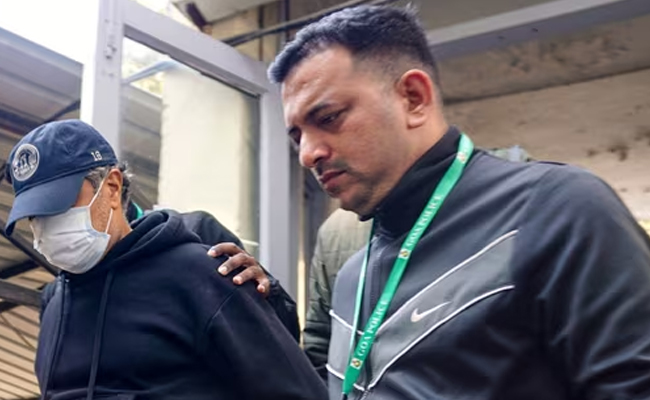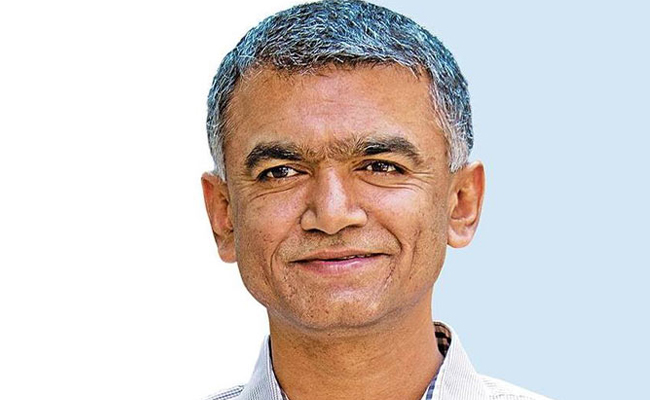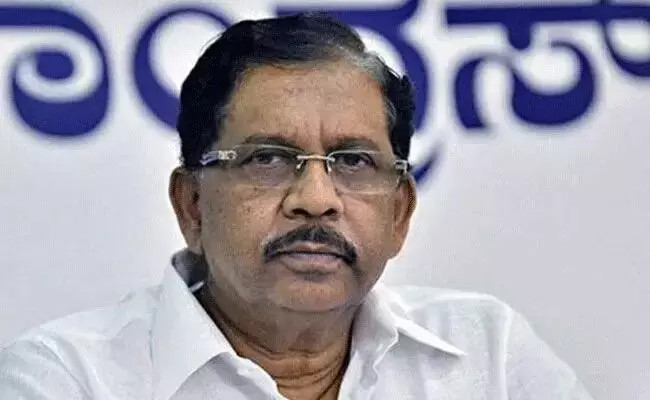New Delhi, July 4 : Despite the fact that technology can today help people to work from anywhere, nearly half the people in India want more "mobile-free" time to devote to their friends and family, showed results of a survey.
Nearly one third of the respondents in India reported spending more time at work in the last two years with 38 per cent of them attributing technology as the cause, showed the findings of the "Live Life" survey by American Express and research firm Morning Consult.
There is growing interconnectedness around the world, in both personal and work life as well as real and virtual interactions, the study said.
"The 'Live Life' survey highlights the shift from work life balance to work life integration," said Manoj Adlakha, CEO, American Express Banking, India.
For the study, Morning Consult, on behalf of American Express, conducted a series of surveys in eight markets - India, Australia, Canada, Hong Kong, Japan, Mexico, Britain and the US.
In India, the firm interviewed around 2,000 respondents in an online survey conducted between March 7-14, 2018.
The findings showed that younger respondents were more likely than older respondents to want more mobile-free time.
Respondents from Telangana and Kerala reported the highest levels of integrated work and life in India, the study said.
More than 90 per cent of the respondents in Tamil Nadu said personal relationships were of paramount importance as against 69 per cent on an average.
Let the Truth be known. If you read VB and like VB, please be a VB Supporter and Help us deliver the Truth to one and all.
Bajpe: Police have arrested a youth for allegedly posting derogatory and defamatory content against the Bajpe police on social media.
The arrested accused has been identified as Abhishek M. (23), a resident of Katipalla, Surathkal.
According to the police, Abhishek posted a photograph of Bajpe Nisarga Hotel on his Instagram account mr_a_titude_22, alleging that accused persons in a murder case under the jurisdiction of the Bajpe police station were being treated “like royalty” by the police and were being served beef meals from the hotel every day. In his post, he further accused the police of colluding with criminals and misusing their authority, stating that public trust in the police was being betrayed.
Following which, the Bajpe police registered a case and arrested the accused.
Police records reveal that Abhishek is already facing multiple criminal cases. A case of murder, attempt to murder, assault and robbery has been registered against him at the Surathkal police station. At the same time, a robbery case has also been registered at the Kaup police station.
After his arrest, Abhishek was handed over to the custody of the CEN police for further investigation. He was later produced before a court, police said.





